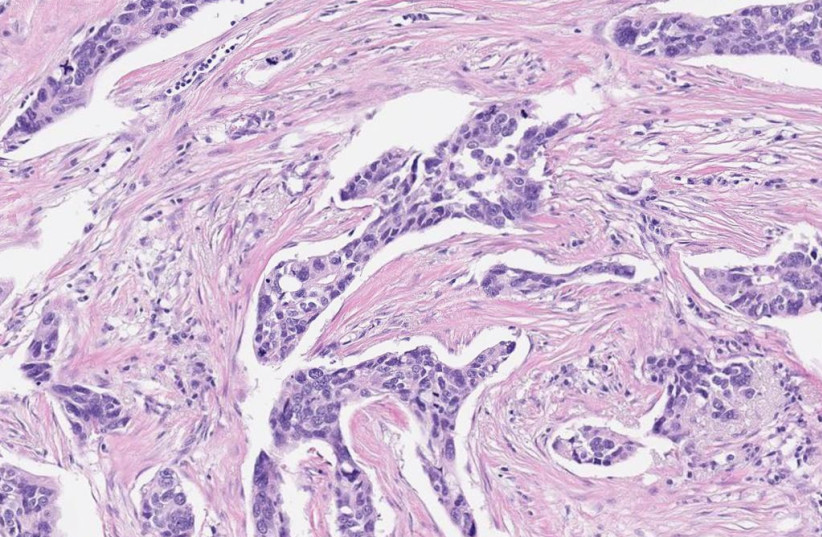Cancer survivors often suffer from a wide range of conditions, such as multimorbidity, progressive frailty and premature morbidity. This is usually due to senescence, or cellular aging, caused by radiotherapy.
The study
According to a peer-reviewed study published in eLife by researchers at Newcastle University, a brief treatment with senolytics, which destroy cells that have been damaged from cancer treatments, may be able to significantly improve survivor's conditions.
The findings
By testing the drugs on mice, the researchers found that those treated shortly after radiotherapy did not suffer from premature aging, and the mice that were administered the drugs after the onset of symptoms had improved health conditions.
The findings could have major implications for improving quality of life for cancer survivors, according to the study's lead author, Dr. Satomi Miwa, a lecturer on Translational Biology of Ageing at Newcastle University.
“Increasing numbers of people are now successfully treated for cancer, and the survival rates from many cancer types are high," Miwa said. "The people who had beaten cancers can start looking forward to their new lives again — but only if the quality of life is not going to be affected. Sadly, this is the case for the moment."
Our new research shows that there is a way to prevent any long-term side effects occurring, and to reduce risks of cancer relapse.
Dr. Satomi Miwa
Senolytics destroy senescent cells by targeting survival mechanisms not present in regular cells, according to Newcastle University.

A dozen clinical trials on senolytics are currently being conducted or registered in the US for the treatment of osteoarthritis, diabetic kidney disease and pulmonary fibrosis, the university said.
